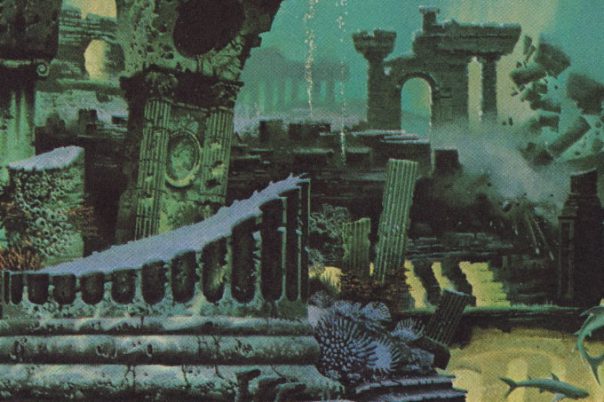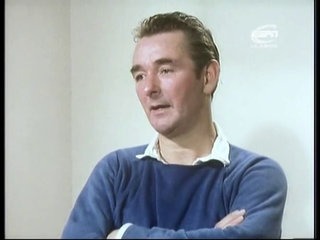
Just like Hugo Grayer in The Onlooker, Monsieur Rose is an aloof, self-involved man. Sensing the impending war, Monsieur Rose had saved his wealth in time without suffering losses. However, unfortunately he had stayed in Paris until it’s too late to escape the city safely. So Monsieur Rose is about Rose’s exodus along with other Parisians in advance of the Nazi soldiers.
For me, Monsieur Rose is reminiscent of Suite Française. Just like Charles Langelet in Suite Française, Monsieur Rose is an owner of a valuable Porcelain collection. (According to the Publisher’s Afterword in Dimanche and Other Stories, Némirovsky in fact built Langelet character based on Monsieur Rose) But unlike Charles Langelet who deceives a fellow refugee on the road and steals his petrol, Monsieur Rose gets deceived and left by his own driver who steals the car from him while Rose was out searching for food.
So when Marc, a seventeen-year-old boy whose bicycle has also been stolen strikes a conversation with Monsieur Rose, an unlikely bond is made. At first Monsieur Rose only becomes friendly towards the boy because he feels Marc could be useful to him on the road. But soon Monsieur Rose grows fond of this boy who is “forever ready to carry a child, pick up a parcel, or give away his meager share of food whenever he found any.” When Monsieur Rose has to choose between accepting a ride from an acquaintance and abandoning Marc who is injured by then, uncharacteristically Rose decides to stay behind with Marc! It turns out it was for the best, for Monsieur Rose’s acquaintance’s car gets blown up a few minutes later. Nonetheless, it was a nice touch to show some growth in Monsieur Rose’s character – from an utterly despicable, selfish person to somewhat of a likable character.
Advertisements Share this:




